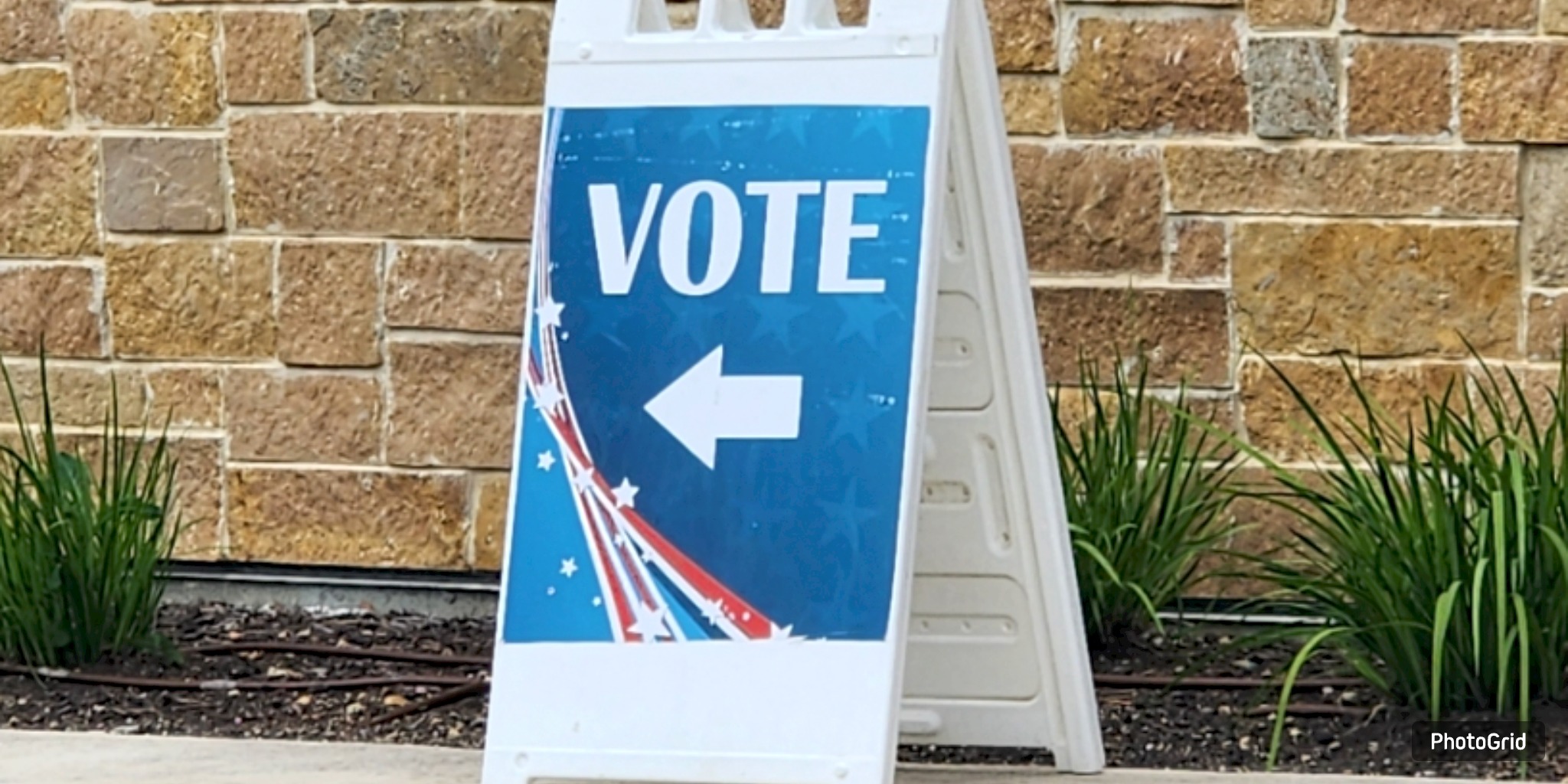On November 4, residents of Conroe will vote on 15 proposed revisions to the city charter, which would be the first update since 2014. These amendments have the potential to reshape the way in which local government functions.

This November is an important event for Conroe voters, as they will have the opportunity to weigh in on 15 proposed amendments to the city’s charter for the first time since 2014. Among these proposals is a potential transition to a council–city manager form of government, which could alter the operational dynamics of City Hall.
City Administrator Gary Scott stated that the suggested modifications arise from extensive input from the community over the past several months.
“We’re optimistic that the public will participate in the voting process,” Scott stated. “Whether you support it or not ... make sure to cast your vote.”
The most notable proposal, Proposition A, aims to transform Conroe’s existing council–city administrator model into a council–city manager system. A new position of city manager would be established to handle daily operations, execute council policies, and supervise city departments.
Scott emphasized that every measure ought to be evaluated independently. “Each proposal ought to be evaluated by the residents of Conroe based on its individual merits,” he stated.
The city’s charter, originally adopted in 1965 and most recently amended in 2014, remains unchanged despite Conroe’s significant growth. According to the U.S. Census Bureau, the city has seen its population surge from approximately 56,000 residents in 2010 to over 110,000 today.
The changes, according to Scott, aim to improve governance and reduce disruptions caused by competing council priorities. “Team members could be fully engaged in a project or addressing a concern, only to be sidetracked by ... council members chasing their individual agendas,” he stated. “This may lead to interruptions in daily activities.”
Additional suggestions encompass modifications to quorum standards, adjustments to debt ceilings, and alterations to recall procedures. Proposition C aims to clarify the number of council members required to conduct business, eliminating any uncertainty regarding the mayor's role in determining a quorum. Proposition O aims to restrict the city's capacity to incur debt without the consent of voters, whereas Proposition K seeks to increase the requirement for recalling an elected official from 10% to 15% of voters, as determined by the most recent city election.
Council member David Hairel stated that the suggested modifications “will define the city’s governance trajectory for years ahead.”
The initiative to revise the charter kicked off with two community town halls in July, leading to the City Council's decision in August to place 15 out of 17 suggested amendments on the ballot. Earlier this year, Mayor Duke Coon began a review after requesting clarification from Texas Attorney General Ken Paxton regarding the definitions of quorum.
Responses from residents have varied significantly. Advocates from the grassroots organization Conroe, Vote No, express concerns that the proposed changes may diminish public oversight. “If approved, these changes would significantly alter our ... government, making it less accountable to the people,” stated Michelle Martin, a representative of the group.
Advocates contend that the initiatives will enhance operational efficiency and bolster accountability. “Conroe needs to elevate its professionalism,” stated resident Cherie Murphy.
Mark your calendars for Election Day on Nov. 4, and please keep in mind that early voting will take place from Oct. 20 to Oct. 31. Any approved changes will come into effect after the results are reviewed, unless stated otherwise.
.jpg)
Texas added more residents than any other state in 2025, growing by more than 391,000 people, according to newly released U.S. Census Bureau data. But the state’s overall growth rate slowed as international immigration declined sharply nationwide.
.jpg)
A federal grand jury has indicted two Conroe sisters on kidnapping and forced labor charges after authorities say they beat, restrained and exploited a 12-year-old child over six months in 2025. The child is safe and receiving medical care. Both women face up to life in prison if convicted.
.jpg)
Willis ISD has dismissed its lawsuit against the city of Conroe over water service to Calfee Middle School. A judge signed an order of nonsuit this week, clearing the way for the district and city to finalize an agreement for permanent water service.